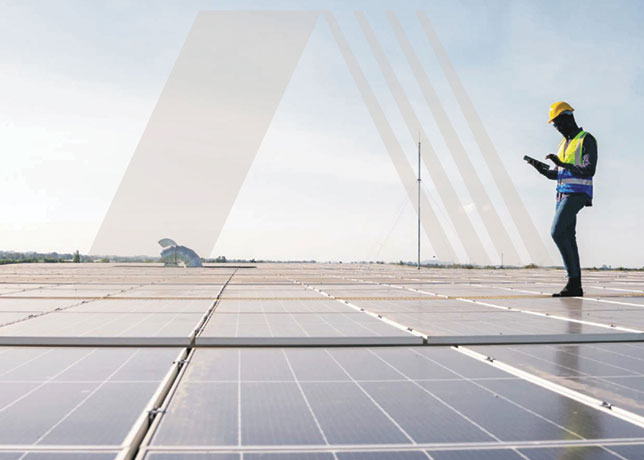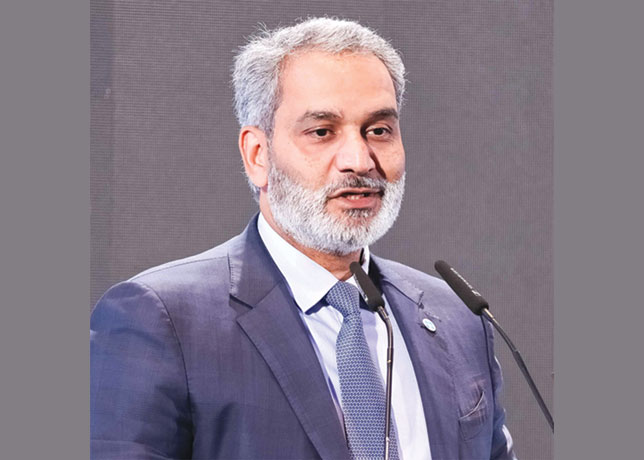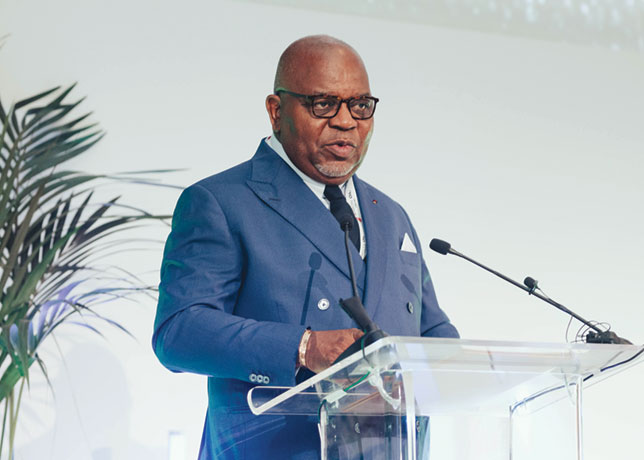
 Africa's infrastructure lags, green energy offers growth
Africa's infrastructure lags, green energy offers growth
Africa has an unprecedented opportunity to accelerate development by aligning its abundant renewable energy resources with solutions for its infrastructure deficiencies. This is a key conclusion from a new annual study on the State of Africa’s Infrastructure initiated by the Africa Finance Corporation.
The report highlights critical gaps in key sectors including power, transport, logistics, digital communications, and commodity-based value chains.
Among the key findings: despite decades of progress, Africa’s infrastructure development has not kept up with the growing needs of its population. The continent's dependence on outdated pit-to-port models is hindering economic growth. However, global economic shifts in supply chains and the transition to green energy present an opportunity for Africa to redefine its economic role by leveraging its rich raw materials and youthful population.
For Africa to capitalise on this pivotal moment, decisive and urgent action is required to develop the infrastructure and value chains that will enable industrialisation and climate-adaptive development.
Focusing on energy access as a cornerstone to development, the report highlights the disparity in access to electricity as the most significant barrier to industrial growth.
For this reason, progress in the crucial area of energy access should be measured not just by reductions in household energy poverty, but also by the capacity to provide sustainable energy solutions that support industrial and economic development.
The potential for growth by bridging Africa’s energy deficit is illustrated using new metrics such as the Modern Energy Minimum, and application to the processing needs for commodities like bauxite and copper.
Taking Guinea as a case study, the report observes that despite possessing the world's largest bauxite reserves and being a top producer, Guinea cannot fully capitalise on its resources without receiving significant investments to boost its energy systems and processing facilities.
By contrast, Australia, with similar bauxite volumes, extracts more than twice the economic value thanks to advanced refining and smelting capacities supported by a robust natural gas-powered energy infrastructure.
This disparity underscores the urgent need for West Africa to develop robust energy systems and processing infrastructure. Investments in cross-border electricity and gas networks, leveraging existing ECOWAS treaties, could enable the region to build new industrial supply chains and move beyond raw material extraction.
Coordinating transport and logistics networks is crucial to reducing high transportation costs, which currently inflate the price of goods by up to 40 per cent.
Significant investments in port infrastructure need to be matched by improvements in connecting road and rail networks. The report identifies opportunities to support trade corridors with new cross-border rail and road networks and to expand cargo handling at airports.








































































